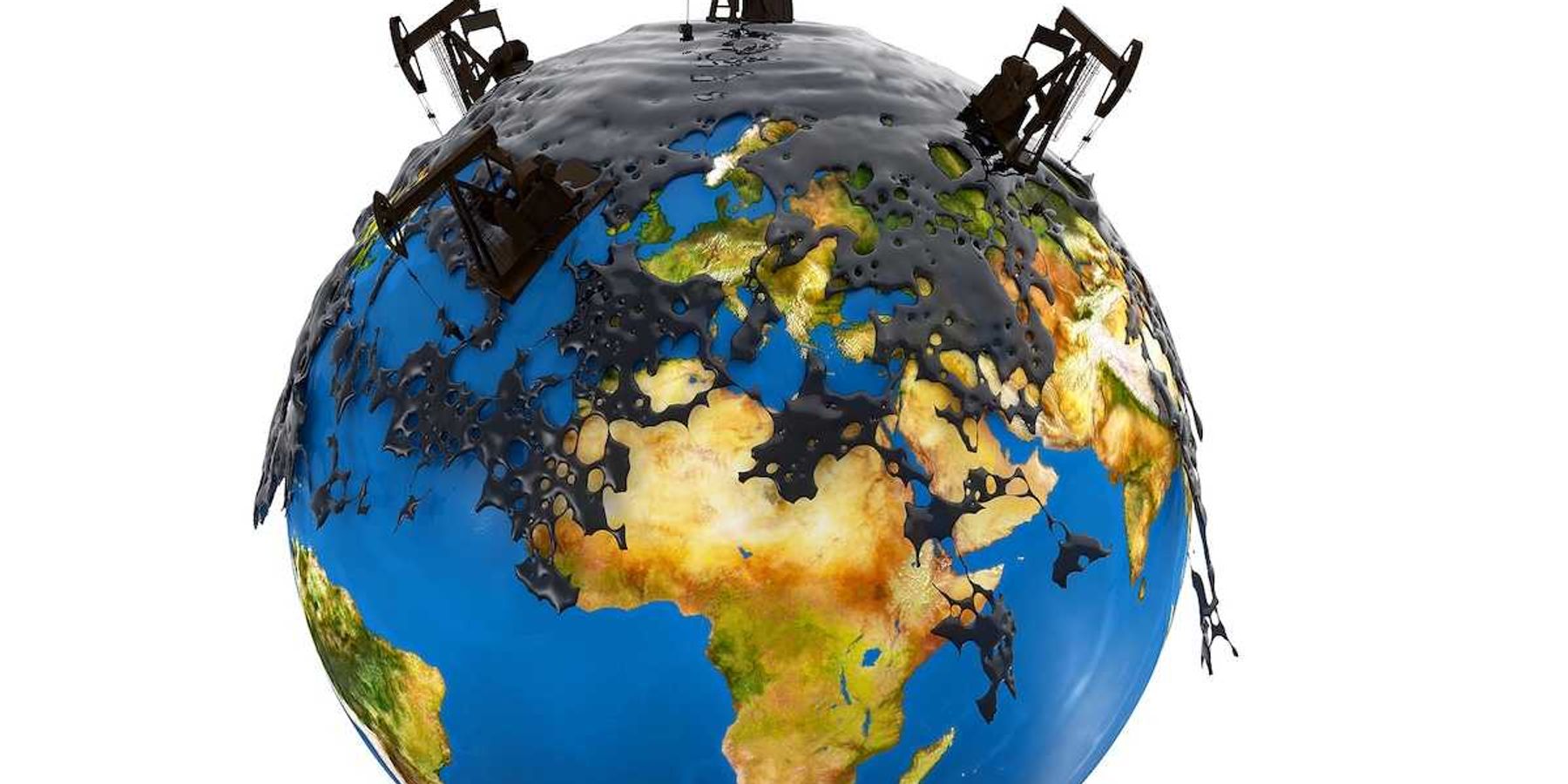landfills
Methane emissions are rising at a record-breaking pace
Methane, one of the most potent greenhouse gases, is increasing at the fastest rate ever recorded, driven by fossil fuel use, agriculture and landfills, threatening global climate goals.
In short:
- Methane levels are rising faster than ever, and scientists warn this could push global temperatures beyond safe limits.
- Livestock, landfills and natural gas consumption are key contributors to methane emissions, which increased 20% from 2000 to 2020.
- Human activity is also amplifying methane emissions from natural ecosystems like lakes and wetlands.
Key quote:
“These extra methane emissions bring the temperature thresholds ever closer.”
— Rob Jackson, Stanford University climate scientist and chair of the Global Carbon Project
Why this matters:
Methane traps 30 times more heat than carbon dioxide, making it a major driver of short-term climate change. Reducing methane emissions is one of the quickest ways to slow global warming, but current efforts are falling far short.
Wind turbine blades could soon be recyclable
Researchers have developed a new plant-based material for wind turbine blades that could help address the growing waste problem caused by old turbines.
In short:
- Wind turbine blades are difficult to recycle and often end up in landfills, contributing to environmental waste.
- A new plant-based material can be recycled and potentially used as a direct replacement in manufacturing without changing existing production processes.
- Economic pressures and higher production costs could hinder the widespread adoption of this new recyclable material.
Key quote:
It’s "designed to be a drop-in replacement. Manufacturers should be able to just take it and use it.”
— Robynne Murray, researcher at the National Renewable Energy Laboratory
Why this matters:
As wind power grows, the disposal of old turbine blades could contribute to significant landfill waste. A recyclable alternative would reduce this environmental burden and support the transition to cleaner energy sources.
Landfills release more methane than expected
A recent study reveals that U.S. landfills emit methane at rates nearly triple those previously reported to regulators, shedding light on their significant role in climate change.
In short:
- Landfills are now identified as a major source of methane emissions, significantly contributing to climate change.
- This revelation comes from direct measurements using imaging spectrometers, not just computer models.
- The study's findings highlight the importance of addressing landfill emissions as part of global efforts to reduce greenhouse gases.
Key quote:
"We've largely been in the dark, as a society, about actual emissions from landfills."
— Riley Duren, former NASA engineer and scientist and founder of Carbon Mapper
Why this matters:
Given that methane is over 25 times more effective than carbon dioxide at trapping heat in the atmosphere over a 100-year period, its release from landfills poses a substantial challenge to climate change mitigation efforts.
Meanwhile, oil and gas methane emissions in US are at least 15% higher than we thought.
Delhi's landfills: a crisis of methane emissions and public health
Delhi's massive rubbish dumps are not just an eyesore but a significant source of methane emissions.
Hannah Ellis-Petersen and Aakash Hassan report for The Guardian.
In short:
- Delhi's landfills, including Ghazipur, Bhalswa, and Okhla, are identified as major sources of methane, a greenhouse gas far more potent than CO2.
- The lack of waste segregation and gas capture systems in these landfills leads to the unchecked release of methane into the atmosphere.
- The situation is exacerbated by the frequent fires at these sites during summer, contributing to Delhi's severe air pollution and posing health risks to nearby residents.
Key quote:
"During the summer it catches fire every week because of all the gas and then it becomes even more disgusting here. It’s impossible to breathe and everyone gets sick because of the bad fumes and smoke we have to inhale."
— Mohammad Rizwan, shop owner near Ghazipur dumpsite
Why this matters:
The crisis at Delhi's landfills highlights the need for effective waste management and methane emission control in rapidly growing urban areas. This situation not only impacts local air quality and public health but also contributes significantly to global warming. Addressing these issues is crucial for sustainable urban development and the health of millions.
LISTEN: Pallavi Pant on decolonizing global air pollution research.
Waste pickers are fighting for recognition in the global plastics treaty
Why high-quality clothes can break the psychology of fast fashion
Making solar energy as clean as can be means fitting square panels into the circular economy
As solar projects surge nationwide, the demand is increasing for recycling solutions that will keep photovoltaic panels out of landfills and their energy-producing elements in the sun.









